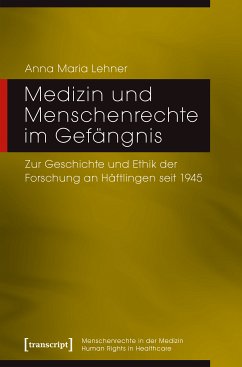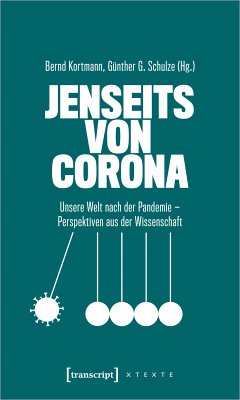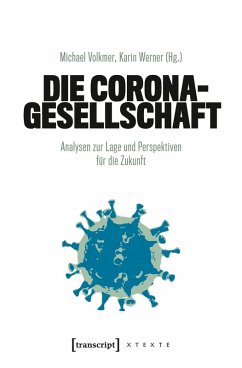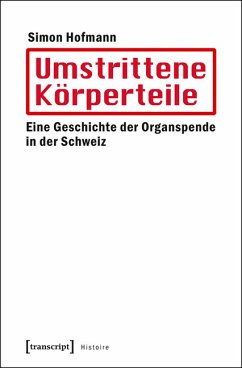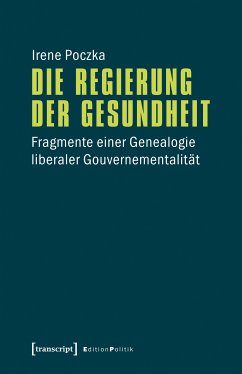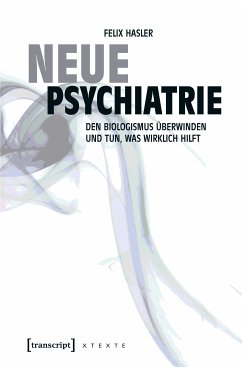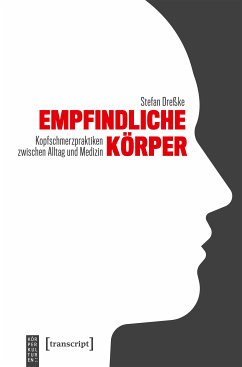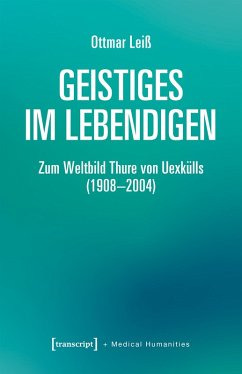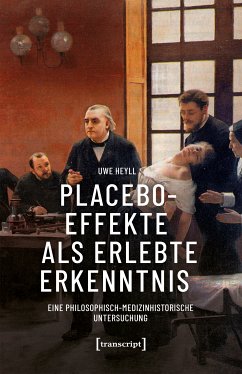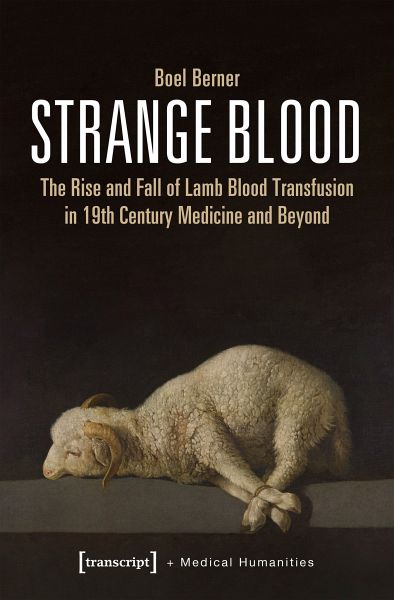
Strange Blood (eBook, PDF)
The Rise and Fall of Lamb Blood Transfusion in 19th Century Medicine and Beyond

PAYBACK Punkte
0 °P sammeln!
In the mid-1870s, the experimental therapy of lamb blood transfusion spread like an epidemic across Europe and the USA. Doctors tried it as a cure for tuberculosis, pellagra and anemia; proposed it as a means to reanimate seemingly dead soldiers on the battlefield. It was a contested therapy because it meant crossing boundaries and challenging taboos. Was the transfusion of lamb blood into desperately sick humans really defensible? The book takes the reader on a journey into hospital wards and lunatic asylums, physiological laboratories and 19th century wars. It presents a fascinating story of...
In the mid-1870s, the experimental therapy of lamb blood transfusion spread like an epidemic across Europe and the USA. Doctors tried it as a cure for tuberculosis, pellagra and anemia; proposed it as a means to reanimate seemingly dead soldiers on the battlefield. It was a contested therapy because it meant crossing boundaries and challenging taboos. Was the transfusion of lamb blood into desperately sick humans really defensible? The book takes the reader on a journey into hospital wards and lunatic asylums, physiological laboratories and 19th century wars. It presents a fascinating story of medical knowledge, ambitions and concerns - a story that provides lessons for current debates on the morality of medical experimentation and care.
Dieser Download kann aus rechtlichen Gründen nur mit Rechnungsadresse in A, D ausgeliefert werden.




